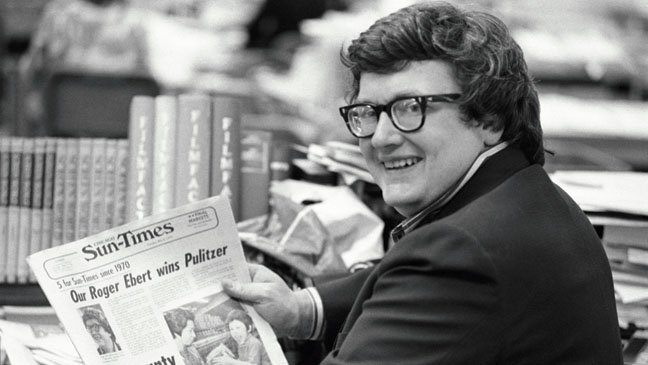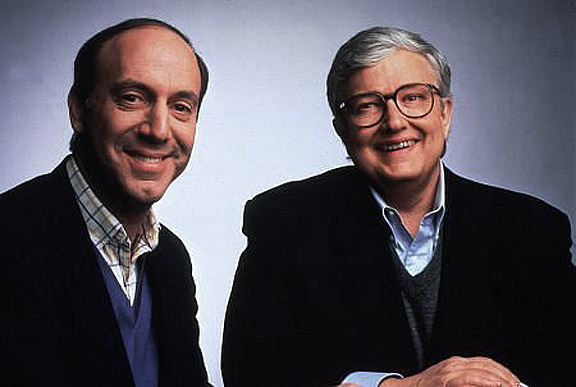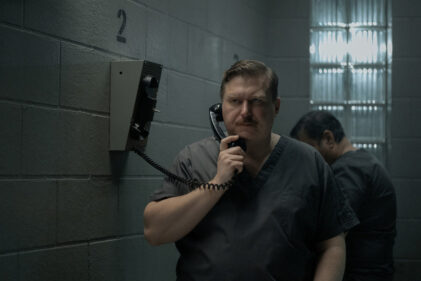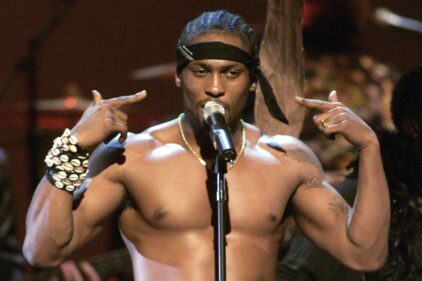Editor’s Note: On the day Roger passed away, his longtime friend and Sun-Times colleague Robert Feder wrote the following essay.
On the night Gene
Siskel died, Roger Ebert and I spent an hour on the phone together,
talking about the loss of our dear friend and lamenting that we never
knew how gravely ill he was.
There was no
question that Roger respected Gene’s decision to keep the extent of his
illness private. But it saddened Roger that he was never able to reach
out to Gene in a meaningful way at the end. Just weeks earlier, Gene had
told us he was taking an indefinite leave of absence, but was in a
hurry to get well “because I don’t want Roger to get more screen time
than I.” We both believed he’d be back.
I’ll
never know for sure, but I always suspected that Roger’s experience with
Gene had a lot to do with how open and forthright he chose to be about
his own health problems in the years that followed. He shared
everything. Even when some of those closest to him discouraged him from
showing his disfigured face in public, Roger set vanity aside and moved
forward with courage and grace that inspired us all.
I
was almost a generation younger than Roger and didn’t get to know him
personally until I joined the Sun-Times in 1980. By then, he’d already
won the Pulitzer Prize, become a rising star on public television, and
left his legendary drinking and carousing days behind. But he was still
very much an endearing and approachable presence in the newsroom — even
to a rookie reporter toiling as a legman to the paper’s TV critic. His
nickname for me was “Scoop,” and he’d often tease me about “putting
little pills” in Gary Deeb’s coffee as if I were plotting against my
boss.
For many years, my desk was right outside
Roger’s door, and I’d find any excuse to peek inside. His office was
more like a museum, filled from floor to ceiling with movie posters,
books, toys, treasures and tchotchkes of all kinds. As cluttered as it
was, he knew precisely where everything belonged, right down to the last
Mickey Mouse figurine.
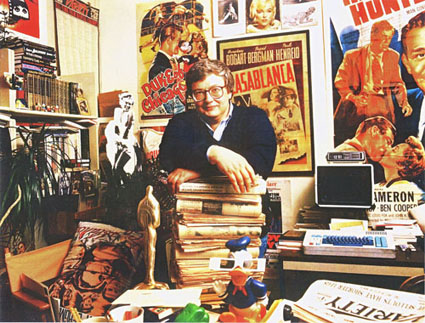
When Roger held court
in the middle of the features department, all other work stopped. He’d
start out talking to one or two friends and soon an impromptu audience
would assemble to hear him tell stories, share the latest joke he’d
heard (he always laughed the loudest at his own punch lines), or deliver
a wicked impersonation of Irv Kupcinet.
Not
that it was all fun and games. When Roger got down to business, no one
could match his performance as a writer. Everything he created sparkled
with his unmatched wit, intelligence and humanity. And he was a dynamo
on deadline.
Whenever I told someone I worked
for the Sun-Times, invariably the first question that followed was
whether I knew Roger Ebert. He personified the paper and was its heart
and soul. For at least the last quarter-century, no one came close to
his stature as its biggest draw and brightest star. First and foremost
he thought of himself as a newspaperman — specifically a Chicago
newspaperman.
As busy as he was, Roger was
unfailingly thoughtful and generous. Countless times he’d send me notes
of praise or share invaluable news tips. More than once, when he felt I
had been unfairly attacked for something I’d written, he publicly rose
to my defense. In more recent years, a tweet from Roger to his 841,481
followers with a reference to my blog would send my page views
skyrocketing. He never asked for anything in return.
I
danced at his wedding to Chaz at the Drake Hotel, I celebrated at his
annual Fourth of July parties in Michigan, and I cheered with all my
heart at every honor and accolade bestowed on him.
Best of all, I rarely missed a chance to tell him how much I cherished his friendship.
